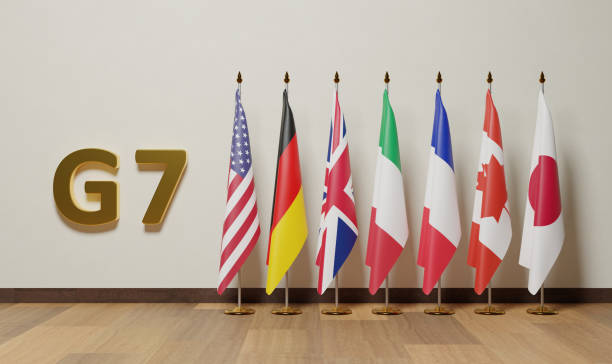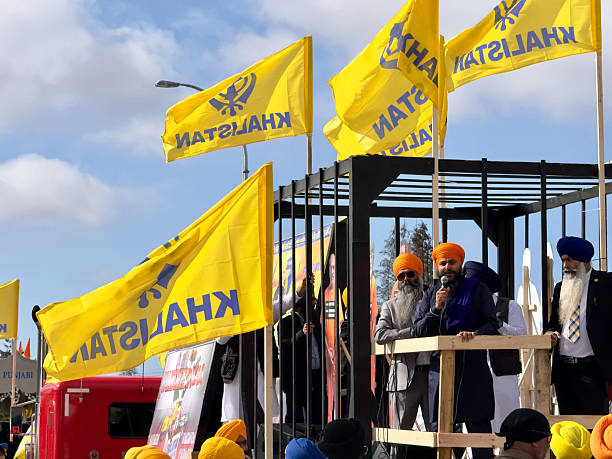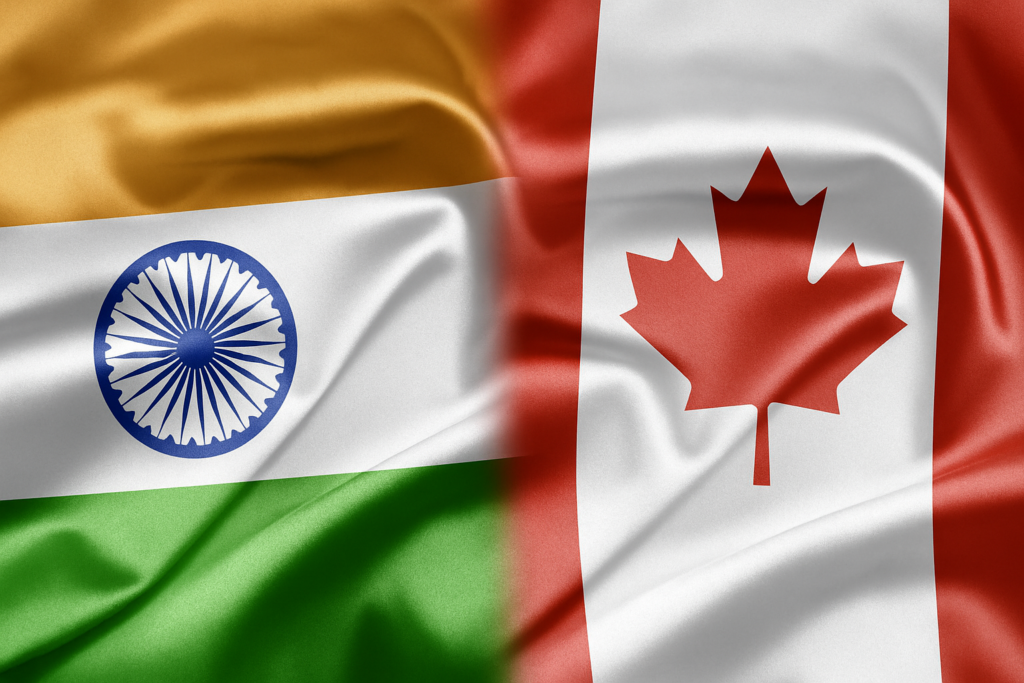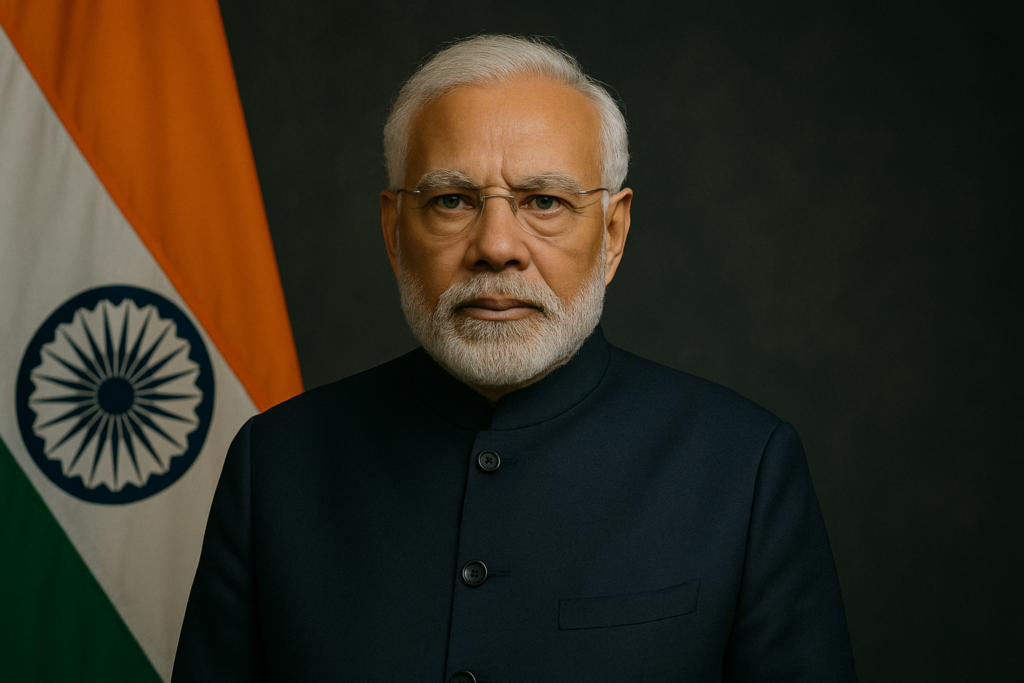
Introduction
In a surprising turn of global diplomatic events, India has not been invited to the G7 Summit 2025, set to be hosted by Canada in Kananaskis, Alberta. This marks a notable deviation from recent years, where India had been a regular invitee, reflecting its rising international influence. The exclusion has triggered widespread speculation and debate particularly around one sensitive. Is this Khalistan Factor in G7 2025?
Why was India left out this year? Was it a political snub or a casualty of deeper diplomatic tensions? Why Wasn’t India Invited? Many observers and foreign policy analysts believe the exclusion cannot be separated from the escalating friction between India and Canada, especially over the contentious Khalistan issue.
In this article, we unpack the background, implications, and the growing influence of domestic politics on international diplomacy.
Understanding the G7 Summit and India’s Role in Past Years
The Group of Seven (G7) is an intergovernmental political forum consisting of Canada, France, Germany, Italy, Japan, the United Kingdom, and the United States. The group meets annually to discuss pressing global economic issues, security, technology, and foreign policy.
India, while not a permanent G7 member, has frequently been invited to participate as a guest country particularly since 2019. This inclusion underscored India’s rising global profile and its importance in addressing international concerns such as climate change, economic stability, and regional security.
In previous summits, Indian Prime Minister Narendra Modi’s presence was a diplomatic constant. However, 2025 has broken this trend.
The Sudden Exclusion: A Diplomatic Puzzle
Canada, this year’s host, invited countries such as Australia, South Africa, Brazil, Ukraine, and Mexico to the summit. India’s name was conspicuously missing from the guest list, sparking questions about what changed.
While no official reason was provided by Canadian authorities, insiders from both New Delhi and Ottawa suggest the decision was influenced by deteriorating India-Canada relations primarily over the Khalistan movement and the political tension surrounding it.
The Khalistan Factor in G7 2025

The Khalistan factor in G7 2025 refers to the influence of the pro-Khalistan separatist movement on diplomatic relations, especially between India and Canada, and how that may have impacted India’s exclusion from the G7 platform.
What Is the Khalistan Movement?
The Khalistan movement is a separatist campaign that seeks to create an independent Sikh homeland, “Khalistan”, within the Indian state of Punjab. Though largely subdued within India, the movement has found sympathetic voices and support within segments of the Sikh diaspora, especially in Canada, the UK, and Australia.
Canada, which is home to one of the largest Sikh populations outside India, has seen pro-Khalistan protests, political activism, and even referendums organized by fringe groups.
Tensions Between India and Canada: A Timeline

1. June 2023: Killing of Hardeep Singh Nijjar
The diplomatic rift escalated after the June 2023 assassination of Hardeep Singh Nijjar, a Canadian Sikh leader and alleged Khalistan supporter. Canadian Prime Minister Justin Trudeau publicly claimed there were “credible allegations” linking Indian agents to the killing allegations that India strongly denied.
2. Tit-for-Tat Diplomacy
In response, both countries expelled diplomats. Visa services were suspended briefly. Public discourse turned increasingly aggressive, and the diplomatic cold war began.
3. 2024–2025: No Improvement
Despite multiple attempts at backchannel diplomacy, no significant improvement in bilateral ties occurred. India maintained its position against “support for separatism on foreign soil,” while Canada reiterated its stance on upholding freedom of expression.
In this tense backdrop, Canada’s decision to not invite India to G7 2025 seems less surprising.
Canada’s Domestic Politics and the Khalistan Lobby
Canada’s political ecosystem plays a crucial role here. Sikh Canadians represent a sizable and politically active demographic. In constituencies of British Columbia, Ontario, and Alberta, candidates from all major parties’ court Sikh voters.
Pro-Khalistan voices, while not representing the majority, are vocal and influential. Political observers argue that Canadian politicians often walk a diplomatic tightrope avoiding confrontation with these groups even if it strains international relations.
Some analysts believe this domestic pressure contributed to the cooling of Canada-India relations and, indirectly, to India’s G7 exclusion.
India’s Reaction: Silence with Strategic Undertones

India has not issued any official statement about the G7 snub. But silence doesn’t mean acceptance. Diplomatically, India has continued to engage with the US, EU, and Japan bilaterally and through other forums like the Quad and BRICS.
Sources within the Ministry of External Affairs (MEA) suggest that India views the G7 exclusion as “Canada’s prerogative” but remains concerned about international tolerance for anti-India elements.
India’s focus, according to officials, remains on maintaining strong multilateral relations while defending its sovereignty and territorial integrity against separatist propaganda.
What This Means for India’s Global Image
India not being invited to the G7 doesn’t reduce its global stature overnight. Still, symbolically, it represents a diplomatic challenge.
Key Takeaways:
- Perception of Isolation: India’s absence is being noted by international observers. Even though it isn’t a permanent member, being left out suggests a temporary dip in Western engagement.
- China and Russia Factor: With tensions rising globally, India risks being seen as distancing from Western democratic alliances at a crucial time, unless it manages the optics well.
- Opportunity for Global South Alignment: Interestingly, countries like Brazil and South Africa were invited. India could leverage *BRICS and Global South forums to solidify alternative diplomatic alignments.
Could India Have Been Invited Anyway?
Some argue that Canada could have separated bilateral tensions from multilateral diplomacy. After all, India’s presence in G7 conversations be it about climate change, digital governance, or counterterrorism is valuable.
However, the Khalistan factor in G7 2025 seems to have created a diplomatic red line, with Canada unwilling to risk domestic backlash by appearing conciliatory toward India.
The Road Ahead: Will India Return to the G7 Table?
India’s absence at G7 2025 might be temporary. Much will depend on the trajectory of India-Canada relations, the evolution of the Khalistan debate, and how the global West views India’s strategic utility.
India is set to host several multilateral events in 2025–26, and it will continue to be a major player in global diplomacy. Its ties with the US, Japan, France, and Germany remain strong making a future return to G7 summits quite likely.
Conclusion
The Khalistan factor in G7 2025 has highlighted how domestic political sensitivities can reshape global diplomatic patterns. India’s exclusion from the summit reflects a larger issue: the collision between national interests, diaspora politics, and foreign diplomacy.
Whether this is a temporary diplomatic rift or the start of a longer political reorientation remains to be seen. But one thing is clear India’s voice on the global stage, G7 or not, is too influential to be silenced for long.
More about G7: www.g7italy.it/en/

